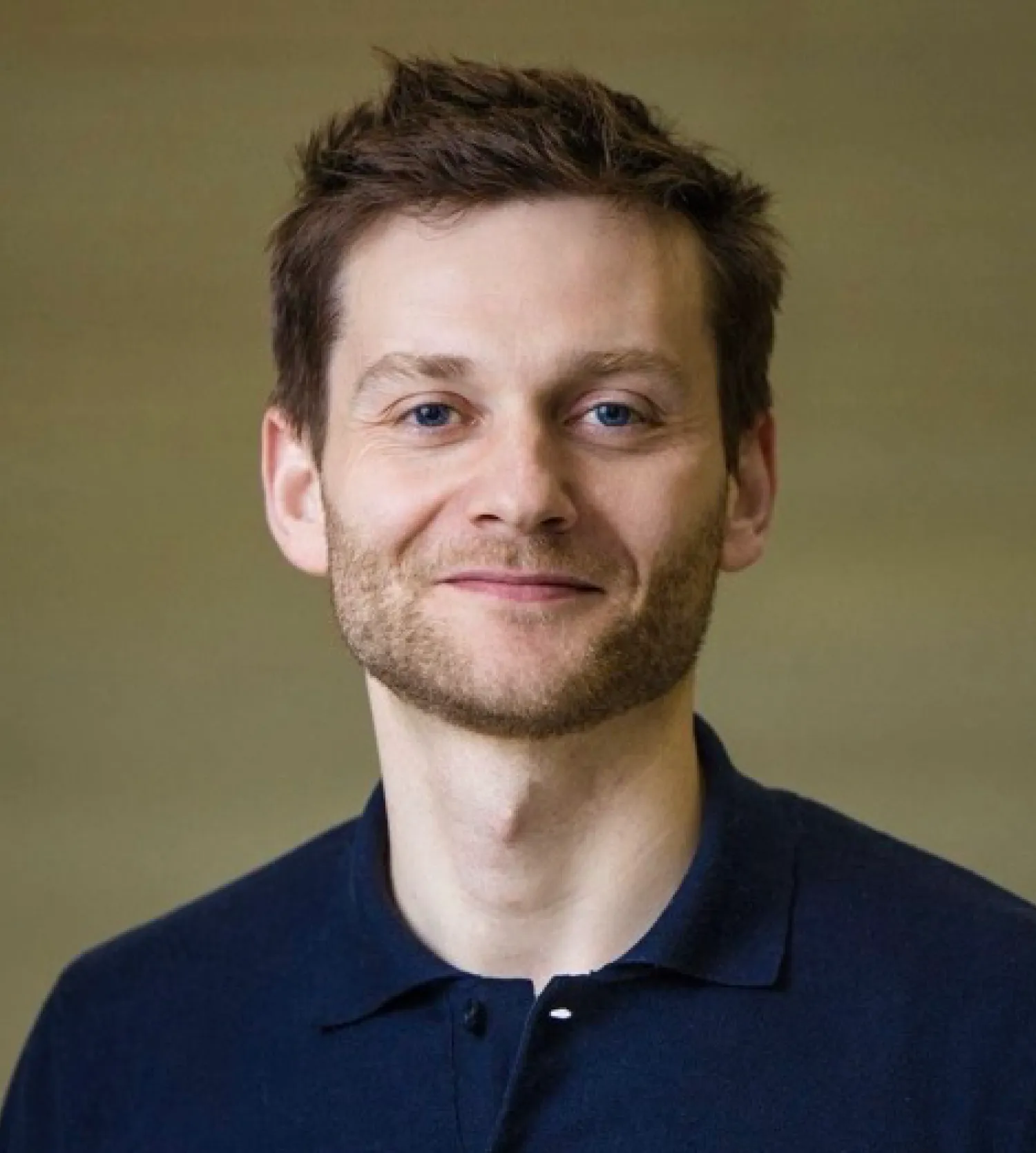Leonardo is a DPhil candidate in International Relations. His doctoral research investigates the organisational and individual-level determinants of wartime sexual violence.
Leo was successful in obtaining a DPIR studentship. He said it changed everything: “It made it possible for me to begin my academic career and carry out important research on wartime sexual violence. Without this support, I simply wouldn’t be here.”
Here’s Leo’s story...:
What inspired you to study at DPIR?
Well—I guess subconsciously I might have been inspired to study in Oxford ever since I watched the first Harry Potter films in the theatre in the early 2000s. But that aside, DPIR was always at the top of my list—mainly because of its international brand, the methodological openness of the department (this is less common than you might think), and because several leading scholars in my field, working on armed groups and political violence, are based here.
Before starting my doctoral studies, I spent more than five years working in international cooperation in Nigeria and Ethiopia on African peace and security matters. Leaving that career behind was not an easy decision. I have never regretted starting out as a practitioner, but I ultimately chose to pursue an academic career, not just to conduct research but also to teach. Oxford’s tutorial teaching—typically involving only one to four students—offers the chance to engage in focused, in-depth discussions with some of the most curious and talented students. It’s an academic environment I find genuinely inspiring.
Can you tell us a little more about your research here?
I study wartime sexual violence, in particular a form that is sadly very common but often overlooked: multiple perpetrator rape (also called gang rape).
When armed groups commit sexual violence in conflict, it is overwhelmingly this kind. Yet most existing theories fail to explain why this is the case. My research tries to change that by looking at what happens inside small military units—how group dynamics, peer pressure and coercion—contribute to the widespread sexual violence that we see in several conflicts around the world. To test these ideas, I hope to speak with former combatants from the different armed groups that fought in the Tigray War and conduct surveys in conflict-affected areas of Ethiopia. My goal is to better understand how and why this kind of violence happens, so we can work toward preventing it in the future.
What are you enjoying the most about life in DPIR?
I love being a student again. Here at DPIR, I’m funded to pursue my own DPhil research and have the freedom to fully explore my academic interests. You’re not tied to a professor’s research agenda—you have the space to develop your own ideas and build an academic profile beyond the narrow focus of your dissertation. The structure here is refreshingly student-centred. Faculty are here to support you, not the other way around. And crucially, you’re embedded in a strong cohort of fellow students.
What advice would you give to prospective DPIR students considering applying to DPIR?
If this speaks to you: You're never too old to start a DPhil.
I would especially encourage you to apply if you are interested in an academic career—DPIR offers a strong intellectual foundation, and the atmosphere is ideal if you plan to stay in academia. That said, it is also a great place to reflect and deepen your expertise before returning or starting on a professional path outside academia.
The department opens doors: it has a wide international network, and there are many chances to connect with scholars beyond the classroom—whether at talks, workshops, or formal dinners in college.



